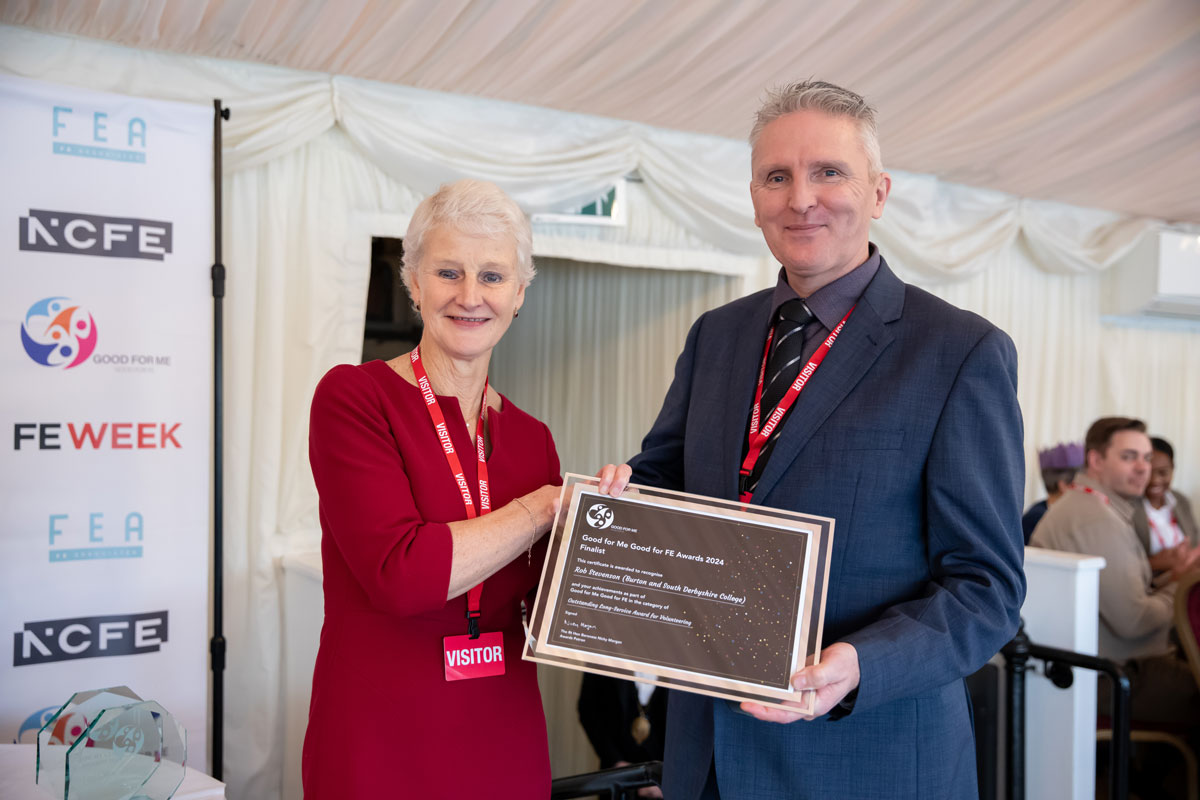Digital Poverty Alliance Unveils National Delivery Plan to End Digital Poverty by 2030

The first of its kind National Delivery Plan sets out six core missions, announced at an event in the House of Lords
The Digital Poverty Alliance (DPA) has announced a landmark strategy to end digital poverty in the United Kingdom by 2030, setting out six core missions and calling on government, industry, and local communities to work together to achieve this aim.
Digital Poverty affects millions of people across the UK, with around 1.7 million households (6 per cent) without home internet access and around 10 million adults (20 per cent) lacking foundational essential digital skills.
Digital access is a basic right, and lack of access to essential digital skills, devices and connectivity prevents people from accessing essential services, managing their healthcare, learning new skills and applying for jobs. The National Delivery Plan sets out a roadmap to ensure that everyone can access the life changing benefits of digital and that local organisations are empowered to support people to get online.
The six core missions of the National Delivery Plan are to:
1.Increase awareness across society about the need for sustainable and strategic action to end digital poverty.
2.Ensure affordable connectivity and guarantee full digital access for those in need on a sustainable basis.
3.Improve standards of accessibility, safety, and inclusiveness across all digital products and services.
4.By 2030, significantly reduce the proportion of individuals without essential digital skills and ensure the sustainability and expansion of these skills in response to changing technologies and needs.
5.Enhance knowledge and understanding of digital poverty among all stakeholders, including citizens, governments, and the public and private sectors, through the development and utilisation of research.
6.Increase local capacity to provide joined-up digital inclusion support to individuals and communities.
Key actions from the NDP include calls on the UK Government to create a new digital inclusion strategy, for public, private and third sectors to help raise awareness about digital poverty and for urgent action to boost essential digital skills across society.
At the centre of the plan, the DPA and its alliance of organisations and individuals represented through its Community Board, calls for a new entitlement to ensure that everyone at risk of digital exclusion can access free devices, connectivity and support. Doing so would enable people to realise tangible economic, social and personal benefits through their engagement with the online world.
Against the backdrop of the cost-of-living crisis, the plan also identifies the need to help millions of households who are struggling to afford broadband and mobile bills. The plan advocates for action on social tariffs to ensure that more households can access these money-saving deals. This includes advocating for a new settlement for a co-funded, industry-wide social tariff.
The plan outlines how cutting the VAT rate charged on broadband and mobile bills to 5 per cent and replacing it with a digital inclusion levy could help fund these proposals. Cutting VAT to 5 per cent would reflect the status of the internet as an essential utility and its replacement by a digital inclusion levy would help deliver support to people in greatest need.
Paul Finnis, CEO of the Digital Poverty Alliance and the Learning Foundation said:
“The National Delivery Plan is a unique and revolutionary strategy to tackle the issue of digital poverty, calling on an urgent and collaborative effort between the Digital Poverty Alliance, government, industry leaders, and community organisations. Together, we can work towards ending digital poverty and ensuring that everyone has the skills, resources, and access they need to thrive in the digital age. This flagship strategy set out by the DPA is designed to have a tangible impact on those most impacted by a lack of essential access to the digital world and the alliance is committed to delivering this support alongside our partners and fellow community.”
Paula Coughlan, Chief People, Communications and Sustainability Officer at Currys plc, said:
“At Currys we believe in the power of technology to improve lives. With digitisation continuing to flourish – bringing great advantages to individuals, communities and businesses – digital inclusion is no longer a ‘nice to have’, it’s an essential, for everyone.
“We were one of three founding partners of the Digital Poverty Alliance (DPA) and we couldn’t be prouder of what’s been achieved to date. Because of the DPA, digital poverty is finally starting to get the recognition and airtime it needs. But there’s still much to do, and we must take the opportunity to address digital poverty through the six missions outlined in the National Delivery Plan.”
Niel Mclean, Chair of Trustees for The Learning Foundation, added:
“The National Delivery Plan is a landmark policy roadmap to tackling a lack of access to digital skills, devices and broadband connectivity in the UK and lays the groundwork for government, industry and communities to tack urgent action. We saw in the pandemic how critical digital was in an area such as the education sector, as one in five students home schooling lacking access to an appropriate device to learn – digital is a basic right and going without it has serious implications in day-to-day life for millions.”
For more information about the National Delivery Plan and the Digital Poverty Alliance, visit our website at www.digitalpovertyalliance.org.











Responses